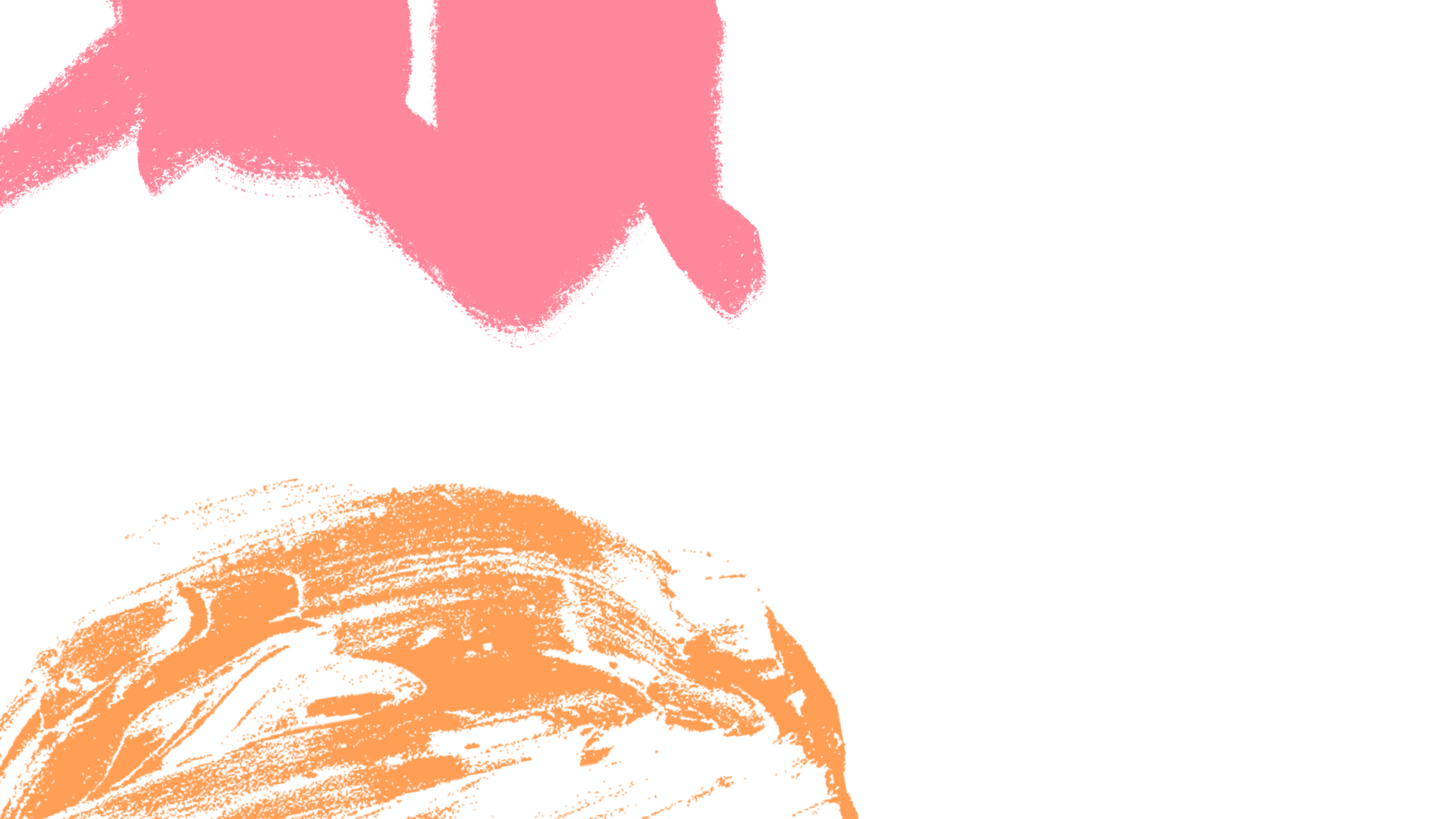On 12 June, Bluecoat published a statement outlining our ongoing commitment to promote diversity, both within our programmes and our staff, and to continue fighting for an equal world, free from racism and prejudice. This was our response to the call from Black Lives Matter for greater accountability, for a better quality of listening, for quicker learning and concrete action, all needed to address the inequalities caused by racism.
We made a commitment to keep ourselves accountable, to publish progress and to describe the tangible actions we are taking.
Since then we have made time for reflection. We reviewed our existing equality and diversity action plan, talked to staff (as much as we could with furlough and home working) and set aside time for a full board discussion. We have also opened up a dialogue with a small number of people from the arts community who we feel can help us to direct our work in the most effective way.
The outcome of this is a decision to focus on three priorities:
1. Internal change
We will work across our governance and involve everyone: staff, volunteers, artists, audiences, and participants, in order to, in the words of Gaylene Gould, ‘bring other cultural wisdoms into our organisation’. This will require uncomfortable conversations, but we are committed to having these. Indeed, at our board meeting on 15 July there was agreement that ‘discomfort is success’ - a metric for measuring progress.
Augmenting the work at board level, a core group of staff has been established to develop a supportive framework within which these conversations can happen, as staff return to work from furlough and re-enter the workplace from homeworking. We will set objectives for this internal change, and a realistic timescale.
2. Supporting artists
Internal change, though crucial as a starting point, is not enough – we aspire to create change not only for our own organisation but for our communities and the artists we support. Bluecoat is recognised for its long history working with and championing diverse artists. However we cannot be complacent, and we recognise the current environment demands new approaches to ensure greater inclusion and transparency in our programming.
We acknowledged in our statement that opportunities for artists are, and have been historically, unevenly distributed. Since then we have been in active negotiations with partner organisations and funders to see how we might do more to support artists to develop their practice. We are also aware that opportunities to curate, and progression routes into artistic decision-making roles within arts organisation, are limited and we are exploring ways to address this as an immediate priority.
3. Speaking Out
We are committed to raising awareness of racism: by listening carefully, being open and then actively using our voice. We will continue our commitment to work with others, and particularly with artists, to critically interrogate both the history of the building we occupy and our artistic heritage, and to explore how a more inclusive future can be built on this past. In parallel with the publication of our new book, Bluecoat, Liverpool: The UK’s first arts centre, we will convene a series of conversations to explore next steps.
We will develop the three strands outlined above in dialogue with our stakeholders, starting the process on 27 July and continuing until 31 October. And we will report on progress as our programme of work unfolds.
In the meantime, we are seeking to enrich our conversations by reading, researching, looking and listening, aiming to build a common frame of reference to support these conversations.
These films are a starting point:
The Hate You Give, 2018 film by George Tillman, based on Angie Thomas’ 2017 novel
Selma, 2014 film by Ava Du Vernay, written by Paul Webb
I Am Not Your Negro, 2016 film by Raoul Peck
Looking for Langston, 1989 film by Isaac Julien
Mary Cloake, 22 July 2020

